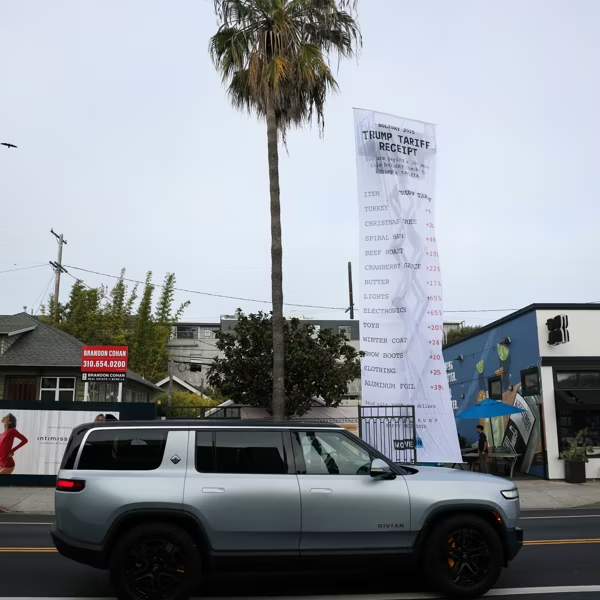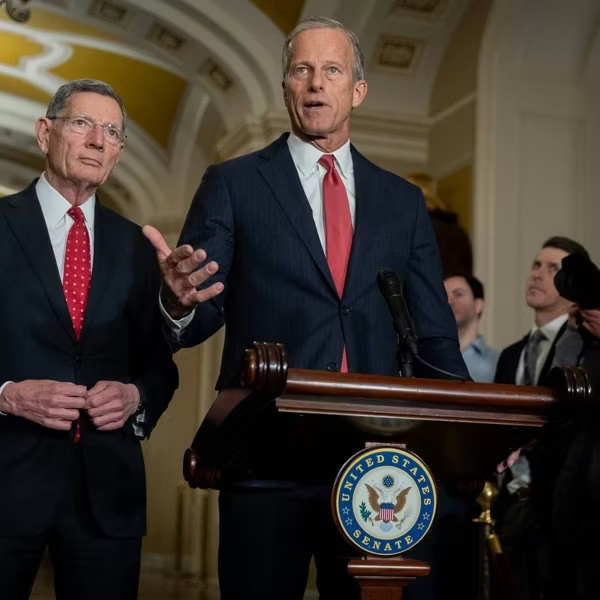As U.S. President Donald Trump and Republicans in Congress pursue a package that would give tax breaks to the wealthy by gutting programs for the working class, Democrats on the Joint Economic Committee released a Tuesday report detailing how that so-called Big Beautiful Bill and the administration's tariffs would negative impact the "typical firefighter, teacher, or truck driver."
"Families across the country were already struggling because of high prices, and President Trump is increasing costs even more while giving the very wealthiest more tax breaks," said Sen. Maggie Hassan (D-N.H.), the panel's ranking member, in a statement. "This new analysis shows the ways in which those who make up the backbone of our country—firefighters, teachers, truck drivers, and others—will all face higher costs because of President Trump's plans, while the top 0.1% of earners get a massive windfall."
Specifically, according to the two-page report, the top 1% of income earners would see an estimated benefit of $32,450 next year, which soars to $348,500 for the top 0.1%. Meanwhile, the report shows a range of $250-710 in annual losses for various workers, including healthcare professionals, housekeepers, police officers, and retail employees.
For workers facing losses on the higher end of that range, that money could feed a family of two adults and two children for a few weeks, according to U.S. Department of Agriculture data from April, which put the weekly cost of groceries at $229.40.

The Joint Economic Committee report on the GOP plans—which the panel's Democrats summarized by saying "middle-class workers lose, very wealthiest win"—is based on multiple nonpartisan sources, including the Congressional Budget Office.
Republicans in the House of Representatives passed the One Big Beautiful Bill Act last month, and the budget reconciliation package is now before the GOP-controlled Senate, where right-wing lawmakers are pushing various tax changes and bigger cuts to funding for Medicaid, a federal healthcare program for low-income people.
New polling from The Associated Press-NORC Center for Public Affairs Research shows that large shares of U.S. adults—including about two-thirds of Democrats and nearly that many Independents—think the government spends "too little" on Medicaid and food assistance programs.
As for Trump's tariffs, they remain in effect, for now, thanks to a recent federal appellate court decision, but oral arguments are scheduled for this summer. On Tuesday, a pair of toy companies asked the U.S. Supreme Court—which has a right-wing majority that includes three Trump appointees—to weigh in on whether the International Emergency Economic Powers Act (IEEPA) empowers the president to impose such tariffs.
In a filing to the high court, lawyers for Learning Resources and hand2mind wrote that "in light of the tariffs' massive impact on virtually every business and consumer across the nation, and the unremitting whiplash caused by the unfettered tariffing power the president claims, challenges to the IEEPA tariffs cannot await the normal appellate process (even on an expedited timeline)."





